J.K. Rowling responds to Harry Potter stars signing pro-trans letter: ‘Motivated by fear’
J.K. Rowling has hit out at actors Joe Alwyn, Bella Ramsey, Eddie Redmayne and more for signing an open letter supporting transgender people.
World
Don't miss out on the headlines from World. Followed categories will be added to My News.
J.K. Rowling is not backing down from her opinions on the trans community.
Several Harry Potter actors including Eddie Redmayne, Paapa Essiedu and Katie Leung signed a pro-trans open letter after the UK Supreme Court ruled that the terms “woman” and “sex” refer strictly to a biological woman and biological sex.
Rowling, 59, publicly supported the ruling in an essay shared on X (formerly Twitter), and called out “back-stabbing colleagues” who she said are “motivated by fear.”
“In light of recent open letters from academia and the arts criticising the UK’s Supreme Court ruling on sex-based rights, it’s possibly worth remembering that nobody sane believes, or has ever believed, that humans can change sex, or that binary sex isn’t a material fact,” the author wrote.
“These letters do nothing but remind us of what we know only too well: that pretending to believe these things has become an elitist badge of virtue,” Rowling added.
She continued: “Some argue that signatories of these sorts of letters are motivated by fear: fear for their careers, of course, but also fear of their co-religionists, who include angry, narcissistic men who threaten and sometimes enact violence on non-believers; back-stabbing colleagues ever ready to report wrongthink; the online shamers and doxxers and rape threateners, and, of course, the influential zealots in the upper echelons of liberal professions.”
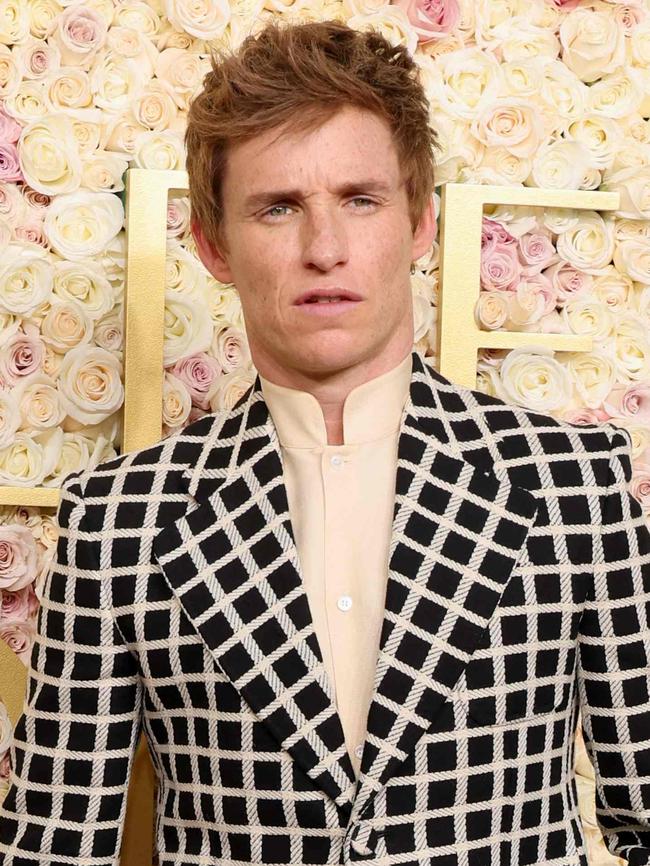
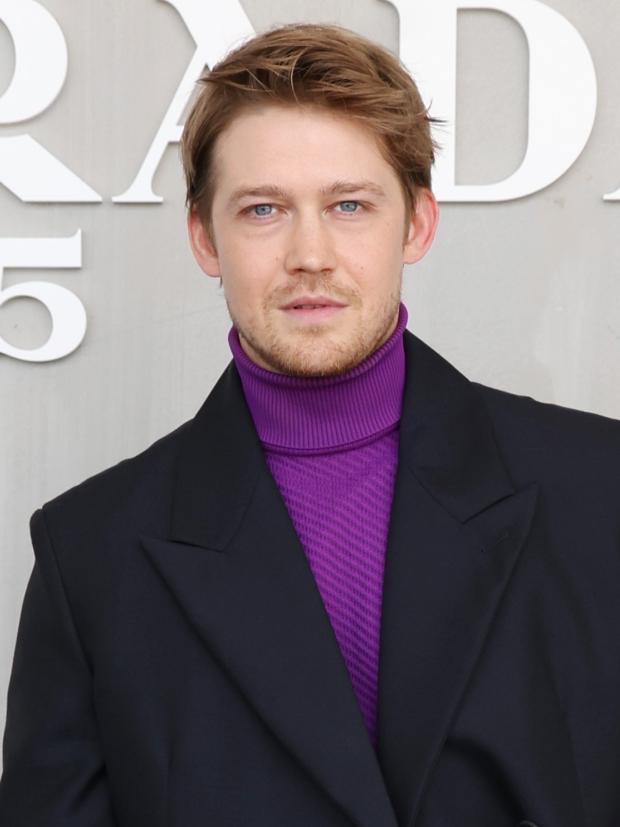
Later in her essay, Rowling wrote that “court losses are starting to stack up” against the trans community and “women are fighting back and winning significant victories.”
To conclude her message, Rowling again called out the people who signed the pro-trans open letter, though she didn’t name them.
“I wonder if they ever ask themselves how they got here, and I wonder whether any of them will ever feel shame,” she wrote.
There were more than 2,000 signatories on the open letter which argued the court’s ruling “undermines the lived reality and threatens the safety of trans, non-binary and intersex people living in the UK.”

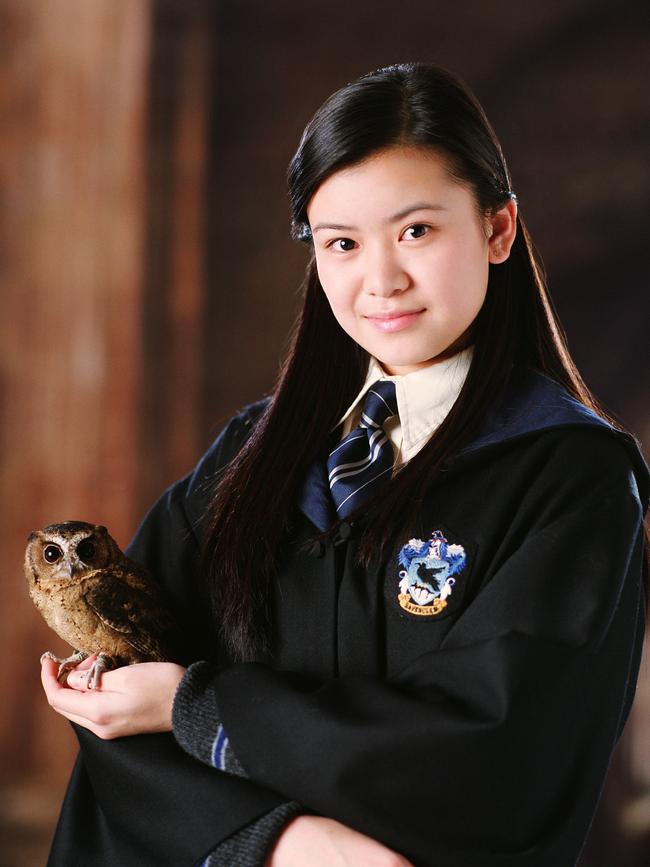
Redmayne, 43, signed the letter. He starred in the Harry Potter spin-off prequel franchise Fantastic Beasts.
Leung, another signatorie, played Cho Chang in the original Harry Potter films.
And Essiedu, who also signed the letter, is set to portray Severus Snape in HBO’s upcoming Harry Potter series, which Rowling is serving as an executive producer on.
Other British actors who signed the letter include The Last of Us star Bella Ramsey, The Brutalist actor Joe Alwyn and Bridgerton star Nicola Coughlan.
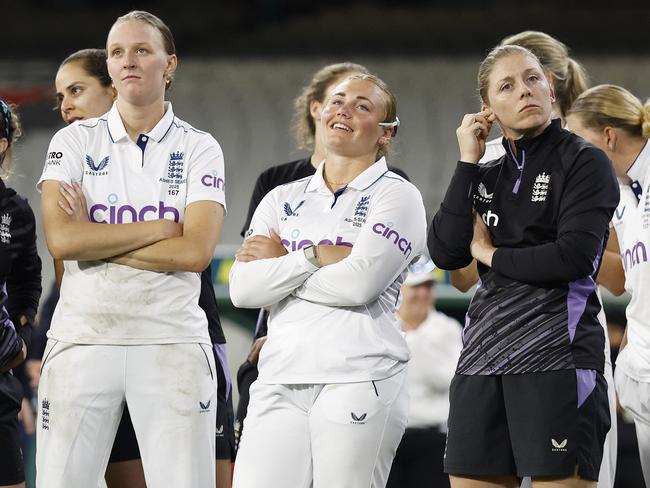
It comes as transgender women have been banned from playing in women’s and girls’ cricket in England and Wales after the governing body announced a change in policy.
The move by the England and Wales Cricket Board follows last month’s UK Supreme Court ruling regarding the Equality Act.
The UK’s highest court ruled the legal definition of a “woman” is based on a person’s sex at birth and does not include transgender women who hold a gender recognition certificate.
The decision by cricket chiefs comes after the English and Scottish football associations announced that transgender women would be barred from the women’s game.
“With immediate effect, only those whose biological sex is female will be eligible to play in women’s cricket and girls’ cricket matches,” it said in a statement.
“Transgender women and girls can continue playing in open and mixed cricket.”
Transgender women will no longer be able to play in women’s football from June 1, England’s Football Association (FA) also announced.
The FA said it had updated its policy following last month’s UK Supreme Court ruling regarding the Equality Act.
The Scottish Football Association also said it would implement a similar ban from the start of its 2025/26 season.
These new rule changes will apply to all women’s football at amateur and professional levels in both countries.
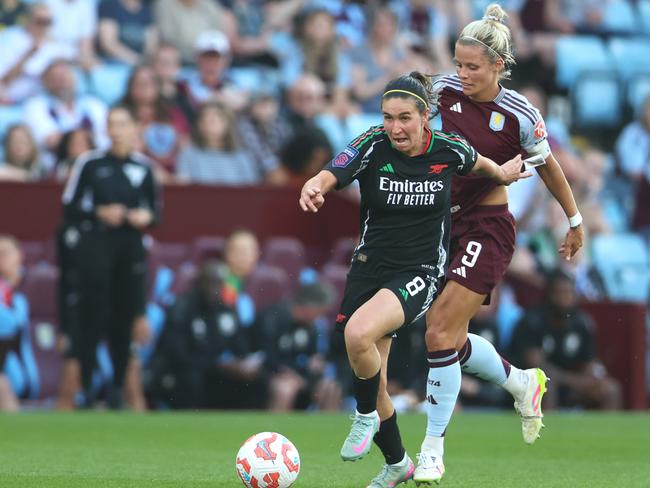
“We understand that this will be difficult for people who simply want to play the game they love in the gender by which they identify, and we are contacting the registered transgender women currently playing to explain the changes and how they can continue to stay involved in the game,” the FA said in a statement.
Fiona McAnena, director of campaigns at human rights charity Sex Matters, welcomed the FA’s new policy.
“The FA has had ample evidence of the harms to women and girls caused by its nonsensical policy of letting men who identify as women play in women’s teams,” she said.
Billionaire author J.K. Rowling has long criticised inclusion of transgender women in women’s sports, recently tweeting: “According to the UN, female athletes have lost nearly 900 medals to trans-identified men competing against them in women’s sporting categories. Girls have been ousted from teams to make way for boys. Women have suffered serious injury playing against trans-identified men …”

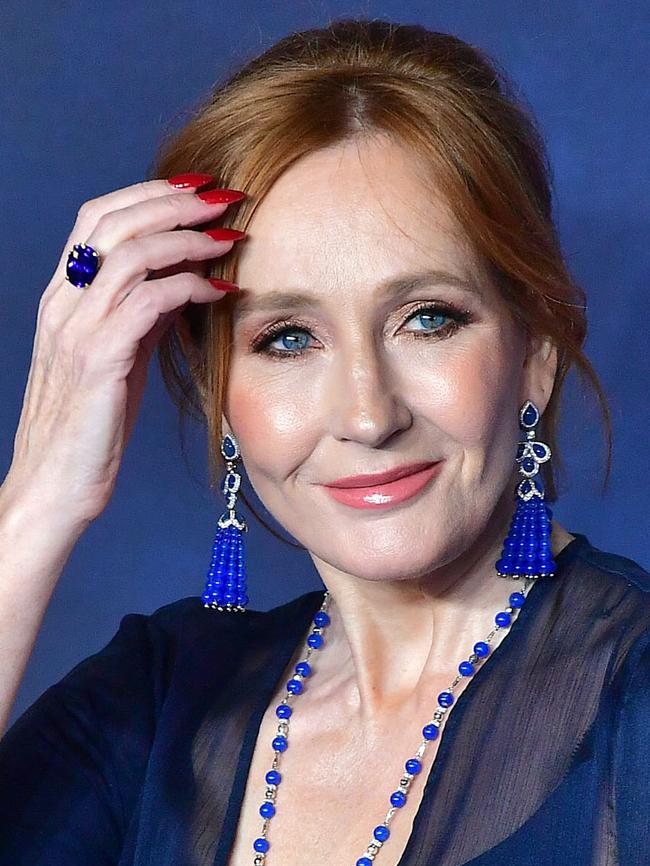
Sebastian Coe, the president of World Athletics, has also been outspoken about “protecting” the female category.
The British track great, a double Olympic 1500 metres champion, made defending women’s sport a key plank of his unsuccessful bid to succeed Thomas Bach as president of the International Olympic Committee.
In March, World Athletics said it had introduced a cheek swab test to determine if an athlete is biologically female.
“It’s important to do it because it maintains … not just talking about the integrity of female women’s sport, but actually guaranteeing it,” said Mr Coe.
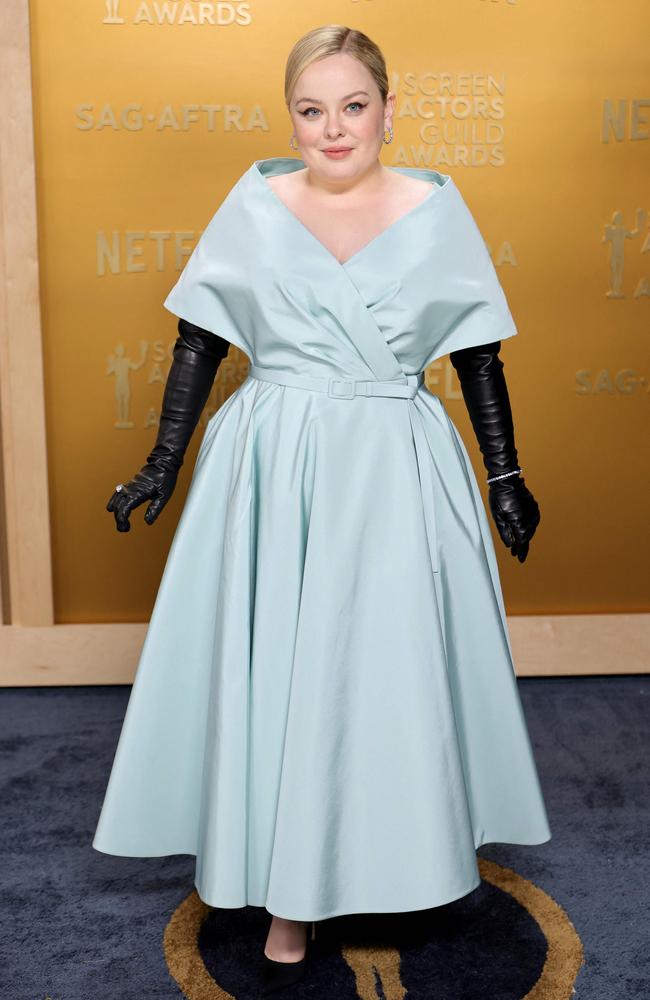
BRIDGERTON STAR BLASTS ‘ANTI-TRANS’ J.K. ROWLING
It’s safe to say Nicola Coughlan won’t be tuning in to the “Harry Potter” TV series.
The “Bridgerton” star blasted J.K. Rowling for celebrating the recent ruling by the UK’s Supreme Court that transgender women are not legally women.
“Keep your new Harry Potter lads,” Coughlan, 38, wrote on her Instagram Story on Friday, referring to the author’s forthcoming Max show.
“Wouldn’t touch it with a ten foot pole,” she added.
The actor’s message was accompanied by a post from New York Magazine’s online site The Cut, which argued that Rowling’s public celebration of the ruling was “a new low.”
“Of course, this kind of behaviour is nothing new from Rowling, who has long perpetuated harmful myths about trans people,” the website’s caption read in part.
“But celebrating the erasure of an entire group of women in such self-indulgent fashion feels extra evil, even for her.”
A “proud” Rowling, 59, took to X to applaud the “three extraordinary, tenacious Scottish women with an army behind them” for getting their case heard and thereby helping protect “the rights of women and girls across the UK.”
She also “toasted to” the For Women Scotland organisation and uploaded a photo of two glasses of champagne before announcing, “Think I might be having a cigar later.”
I love it when a plan comes together.#SupremeCourt#WomensRightspic.twitter.com/agOkWmhPgb
— J.K. Rowling (@jk_rowling) April 16, 2025
Think I might be having a cigar later. #SupremeCourt#WomensRights
— J.K. Rowling (@jk_rowling) April 16, 2025
The court’s five judges agreed in the landmark decision that “the terms ‘woman’ and ‘sex’” under the UK’s 2010 Equality Act “refer to a biological woman and biological sex.”
The ruling “does not remove protection from trans people,” who are “protected from discrimination on the ground of gender reassignment,” the court insisted, noting that a transgender person with documentation recognising them as female should not be considered a woman for equality purposes.
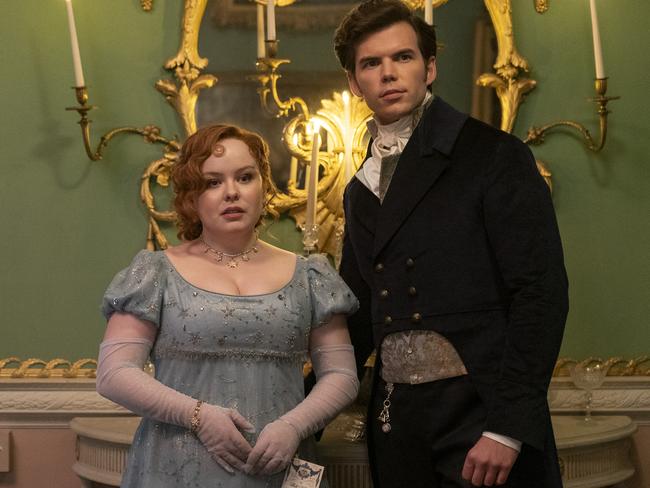
The next day, Coughlan uploaded an Instagram video in which she explained how “completely horrified” she was by the decision.
“To see an already marginalised community be further attacked — and attacked in law — is really stomach-turning and disgusting,” she told her followers.
“And to see people celebrate it is more stomach-turning and disgusting.”
The Irish star then raised more than $68,000 for the “incredible trans charity” Not a Phase.
- With The New York Post and AFP.
More Coverage
Originally published as J.K. Rowling responds to Harry Potter stars signing pro-trans letter: ‘Motivated by fear’




